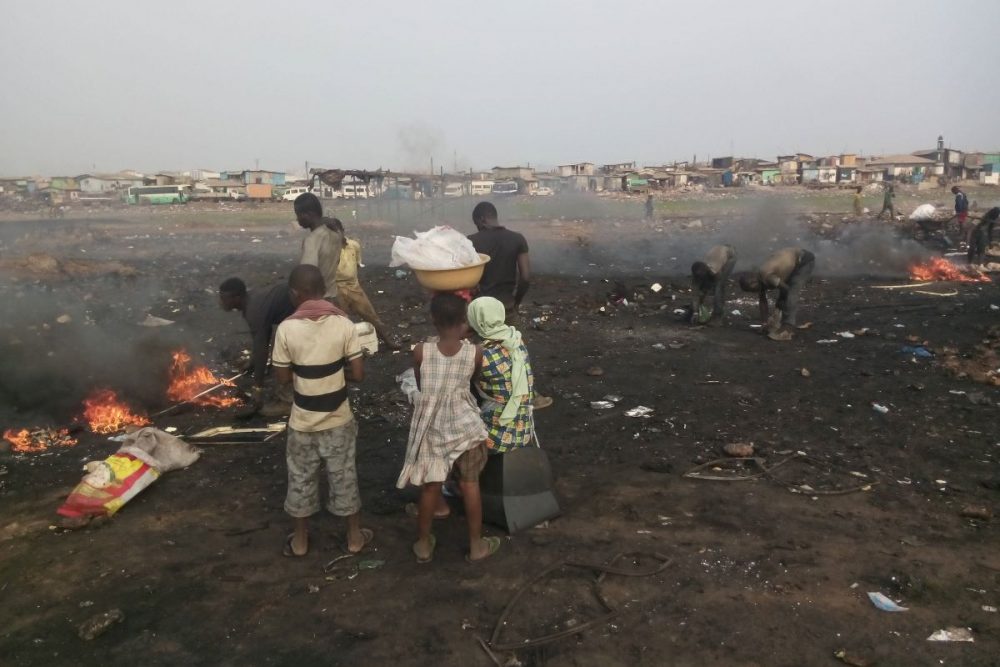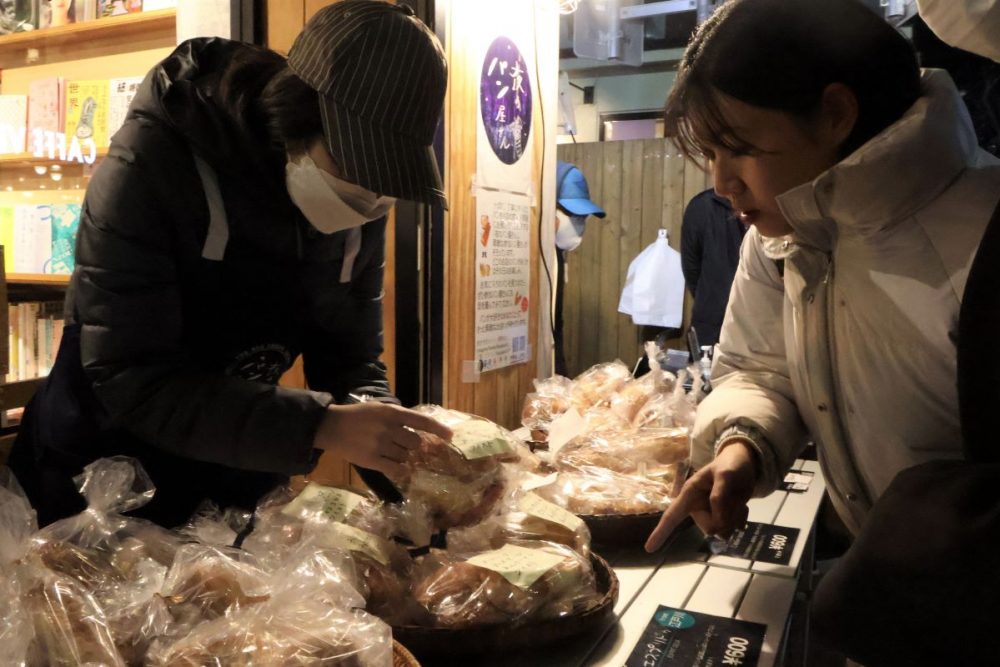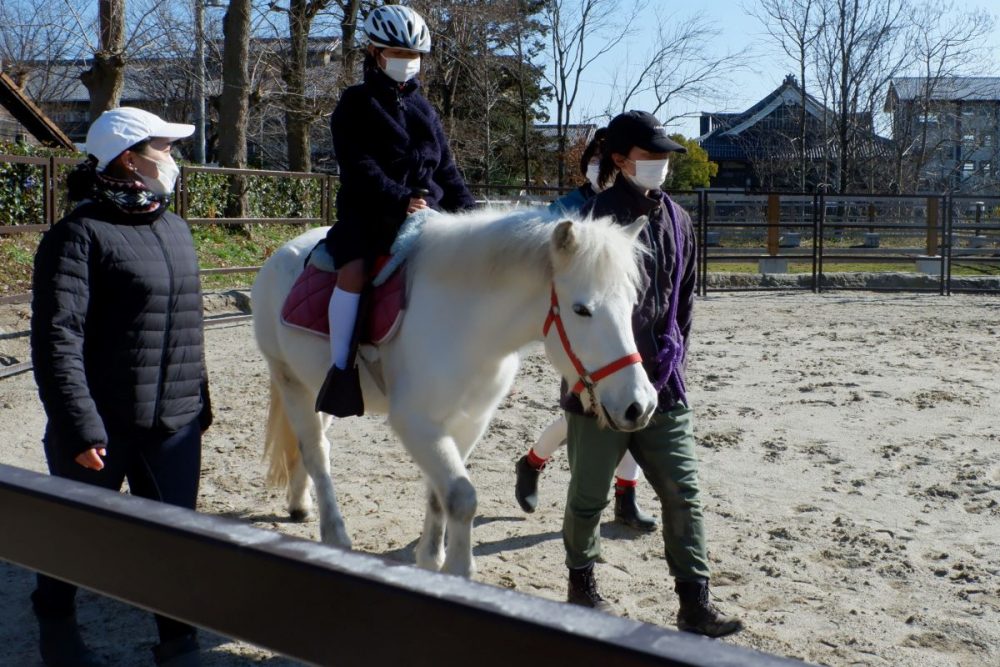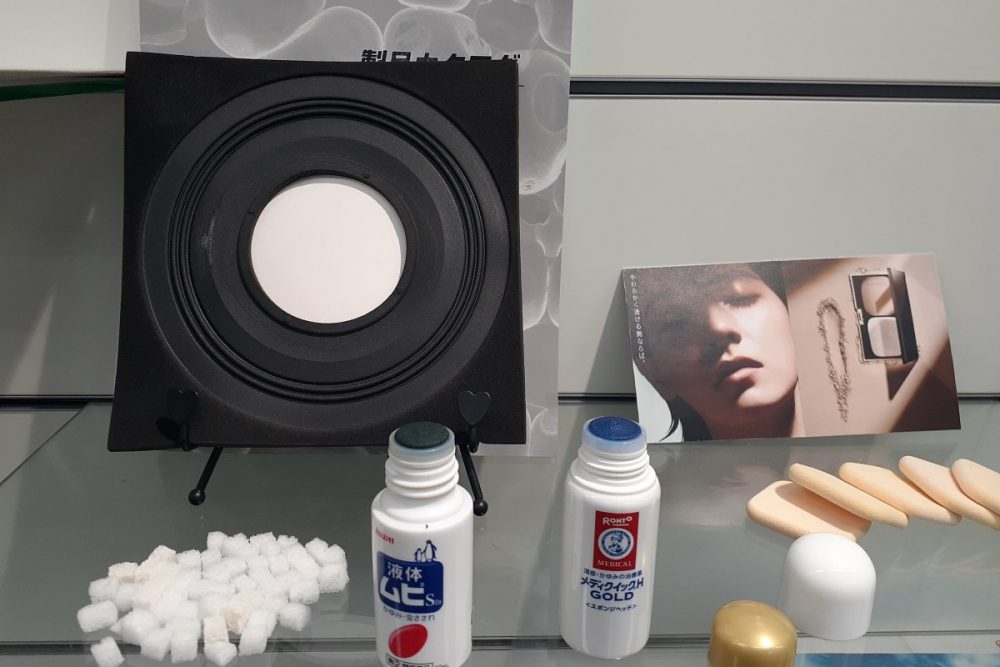Creative New Businesses Aim to Revitalize Rural Akita
Entrepreneurs came together at AKITA RISE to share plans for guesthouses, farming blue corn, and mother-run cooperatives aiming to revitalize rural communities.
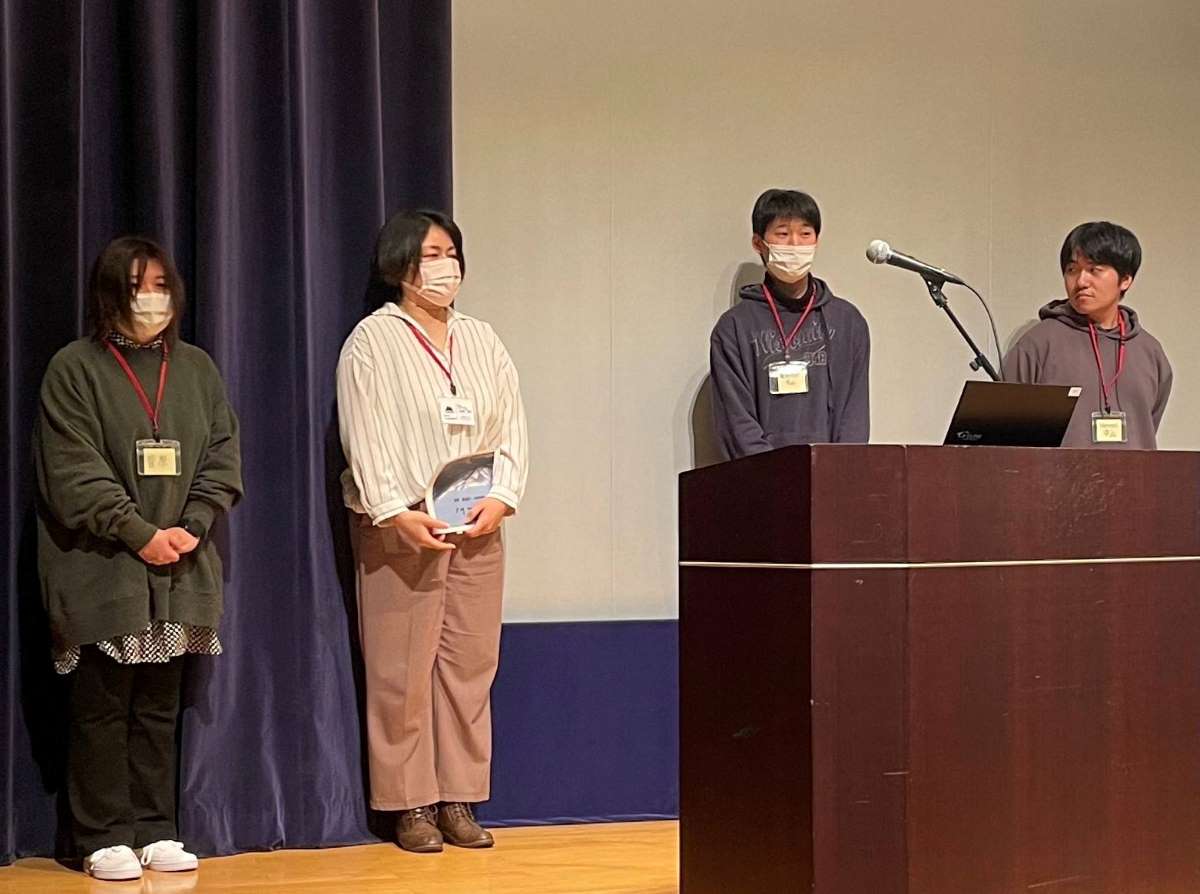
このページを 日本語 で読む
The AKITA RISE training course for producers in Akita Prefecture's agricultural, mountain, and fishing villages was held in Akita City on March 9. The course is designed to enhance the capacity of citizens in the prefecture, which has the highest rate of population decline in Japan, to revitalize and solve problems faced in rural areas.
Four local entrepreneurs enrolled in the course presented their business plans. These included management of a guesthouse and the creation of new local specialty products.
Ideas To Revitalize
One of the presenters was Kodai Nakayama, 27, of Ventos, a two-person team from Tokyo that was posted to Nikaho City via the Local Vitalization Cooperator Program. Nakayama presented his concept of offering visitors rural life experiences centered on the operation of a guesthouse.
Preparations are underway to open the guesthouse, built in a renovated old Japanese-style house, at the end of April 2023. Ventos also plans to offer farming and fishing experiences. Nakayama hopes that guests will "adopt the area as their own hometown." He is developing a program for exchange between overnight guests and local people, such as encouraging guests to write letters to locals.
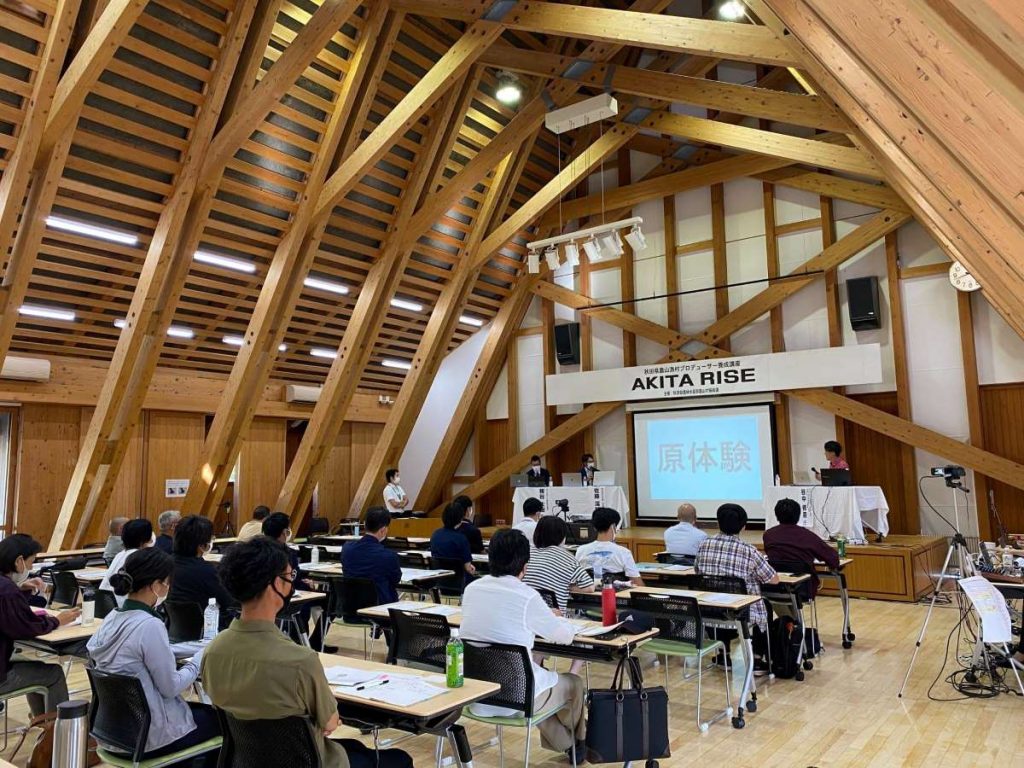
Rantaro Katayama, 27, a University of Tokyo graduate student presented as the representative of Kazuno Tacos in Kazuno City. Katayama shared the concept of regional revitalization through farming blue corn.
Blue corn is an ancient variety of corn from the Americas. After eating regular yellow corn when visiting Kazuno for research, Katayama came up with the idea of making blue corn a specialty product in the city.
He described his business activities, including cultivation by local farmers and himself, commercialization of products such as chips, and restaurant management.
Solutions to Local Issues
Mami Onozuka, director of the Yuzawa City-based company KAMURO, presented her idea for a local revitalization project. Three years ago, Onozuka returned to her hometown to start farming.
While involved in a local farmland maintenance project, she realized that the inheritance of farmland and a lack of successors were issues faced by the community.
After talking with others who had moved into the area, she set up a company to address these local issues. She searched for a solution and opted to establish a rural RMO (regional management organization). In her presentation, Onozuka described plans for production and sales, creating places for socializing, and bread baking.
Nozomi Sugawara, a farmer from Katagami City, presented her concept of agricultural internships for mothers with young children. After learning from friends about the problem of long waiting lists to get into childcare centers, Sugawara had an idea.
She wondered if mothers with children could look after each other's children and also work in agriculture. In so doing, they could pursue a rewarding career in farming and help solve the labor shortage problem in the farming industry.
A group of mothers formed a team. Sugawara presented their collaborative work scheme, involving some members working in the fields, some at a processing plant, and others looking after the children.
このページを 日本語 で読む






